The Great Triumvirate: Golf’s original “big three”
Vardon, Taylor and Braid were the Spieth, Day and McIlroy of 1900
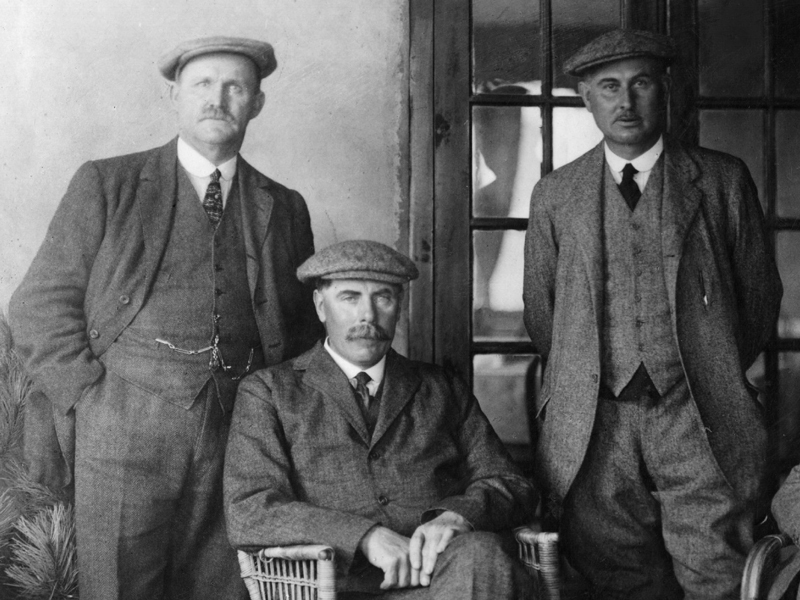

Around the turn of the 20th century, The Great Triumvirate of Harry Vardon. J.H. Taylor and James Braid dominated professional golf. Their prowess on the fairways captured the public interest and did a great deal to elevate the sport.
Late in 1962 Mark McCormack dubbed Arnold Palmer, Gary Player and Jack Nicklaus golf’s “big three.” They went on to verify his assertion by winning a total of 34 Major championships. Since then there have been various suggestions by the media of new big threes, fours, even fives. Currently we have Spieth, McIlroy and Day being touted as the new “big three.”
But, even if McCormack’s moniker was original, the concept wasn’t. Before Nicklaus, Palmer and Player came Hogan, Snead and Nelson, and before them, Hagen, Sarazen and Jones. But going even further back to the late 19th and early 20th centuries, a trio of players dominated professional golf to such an extent that they earned a collective nickname. “The Great Triumvirate” of Harry Vardon, J.H. Taylor and James Braid won 16 of the 21 Open Championships held between 1894 and 1914. Here below is a brief biography of each of these great champions:
Harry Vardon, Jersey Born: 9 May 1870, Grouville, Jersey Died: 20 March 1937 Major wins: The Open Championship – 1896, 1898, 1899, 1903, 1911, 1914; The U.S. Open Championship – 1900
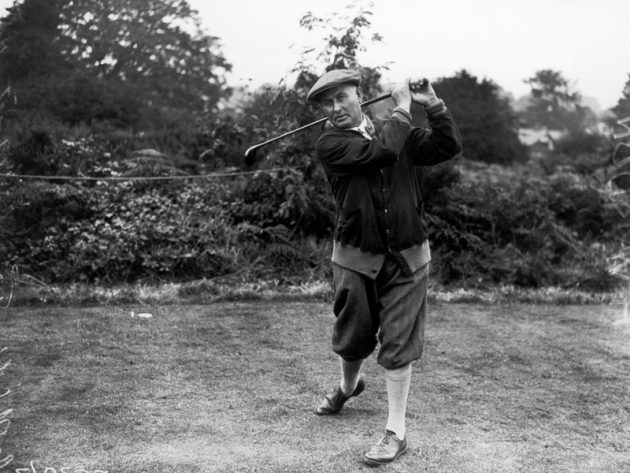
Born on the Channel Island of Jersey, Harry Vardon is the only man to have won The Open Championship six times, a feat he achieved in 18 years between 1896 and 1914.
An accurate and highly skilled golfer, he was renowned for his exceptional control over the golf ball and he was regarded as the master when it came to effective manipulation of hickory shafted clubs.
Get the Golf Monthly Newsletter
Subscribe to the Golf Monthly newsletter to stay up to date with all the latest tour news, equipment news, reviews, head-to-heads and buyer’s guides from our team of experienced experts.
After picking up his fourth Open title in 1903, Vardon was diagnosed with tuberculosis and he spent much of the first decade of the 20th century recuperating. Who knows how many more Open (and perhaps U.S. Open) titles he might have secured had it not been for the illness?
Vardon is also famous for influencing golfing technique. He developed a unique style of gripping the club in which the little finger of his right hand overlapped the index finger of the left hand. This method of holding the club is still known today as the “Vardon grip.”
J.H Taylor, England Born: 19 March 1871, Northam, Devon Died: 10 February 1963 Major wins: The Open Championship – 1894, 1895, 1900, 1909, 1913
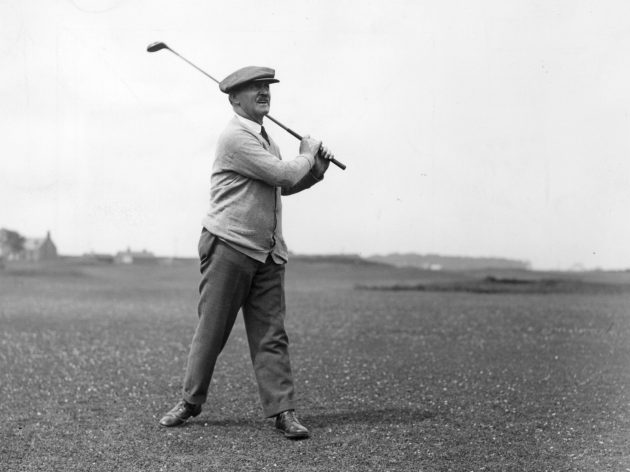
John Henry Taylor was five times The Open champion, and his record in the great event was formidable. He played in all 30 Open Championships held between 1893 and 1927 and he finished in the top-10 an incredible 23 times.
Taylor was a determined and focused competitor with a huge will to win. He claimed multiple tournament victories across Europe and was second to his great rival Vardon in the U.S. Open of 1900.
Instrumental in promoting the position of the golf professional, Taylor was a co-founder and the first chairman of the British Professional Golfers’ Association in 1901.
At the age of 62, Taylor captained the 1933 British Ryder Cup team to victory at Southport and Ainsdale. Great Britain wouldn’t win the team event again until 1957. Taylor continued his involvement with golf in later life, principally by designing courses but also writing books and making golf clubs. He died a month short of his 92nd birthday.
James Braid, Scotland Born: 6 February 1870, Earlsferry, Fife Died: 27 November 1950 Major wins: The Open Championship – 1901, 1905, 1906, 1908, 1910
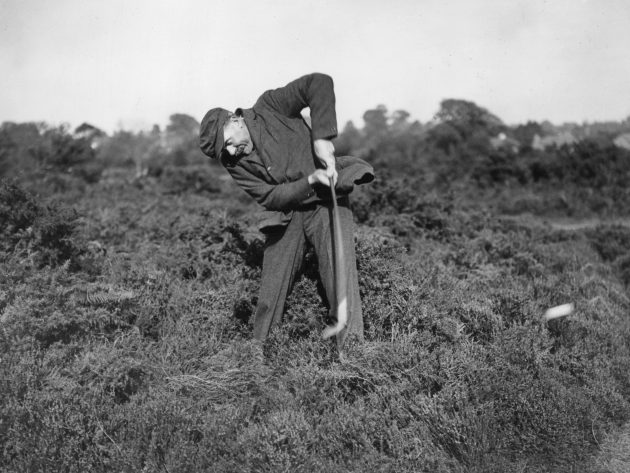
Standing over six feet tall, James Braid was a strong and rangy golfer. He had a powerful grip and hit the ball from right to left, generating good run when conditions allowed. At one time he held the world record for the longest drive – 395 yards measured at Walton Heath, a club where he was professional from 1904 until his death in 1950.
How to hit the draw shot:
Braid reached the peak of his playing career in the first decade of the 20th Century. Between 1901 and 1910 he won five of the 10 Open Championships held. He never played in the U.S. Open but he won a number of tournaments around the British Isles, plus the French Open of 1910.
Aside from his prowess on the links, Braid was also a golf course architect of some skill. He was involved in the construction and re-design of over 200 courses, including Gleneagles and Nairn. Today, the James Braid society, of which Peter Thomson is a founder member, honours his memory.

Fergus is Golf Monthly's resident expert on the history of the game and has written extensively on that subject. He has also worked with Golf Monthly to produce a podcast series. Called 18 Majors: The Golf History Show it offers new and in-depth perspectives on some of the most important moments in golf's long history. You can find all the details about it here.
He is a golf obsessive and 1-handicapper. Growing up in the North East of Scotland, golf runs through his veins and his passion for the sport was bolstered during his time at St Andrews university studying history. He went on to earn a post graduate diploma from the London School of Journalism. Fergus has worked for Golf Monthly since 2004 and has written two books on the game; "Great Golf Debates" together with Jezz Ellwood of Golf Monthly and the history section of "The Ultimate Golf Book" together with Neil Tappin , also of Golf Monthly.
Fergus once shanked a ball from just over Granny Clark's Wynd on the 18th of the Old Course that struck the St Andrews Golf Club and rebounded into the Valley of Sin, from where he saved par. Who says there's no golfing god?
-
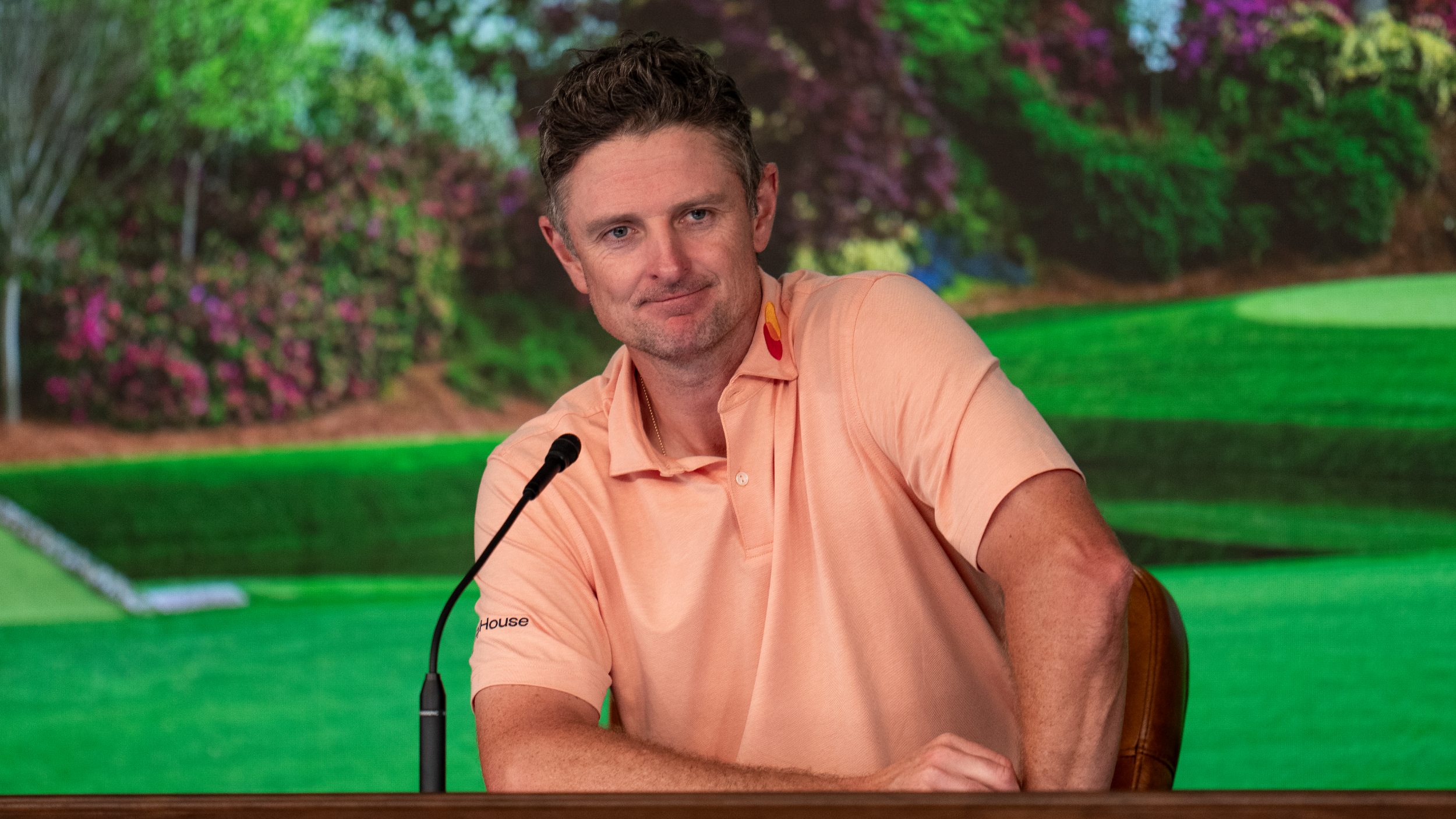 Golf's Good Guy Justin Rose Shares Extraordinary First Words To Rory McIlroy After Englishman's Second Masters Playoff Heartbreak
Golf's Good Guy Justin Rose Shares Extraordinary First Words To Rory McIlroy After Englishman's Second Masters Playoff HeartbreakJustin Rose gave a typically classy response after his agonizing playoff defeat to Rory McIlroy at The Masters
By Mike Hall Published
-
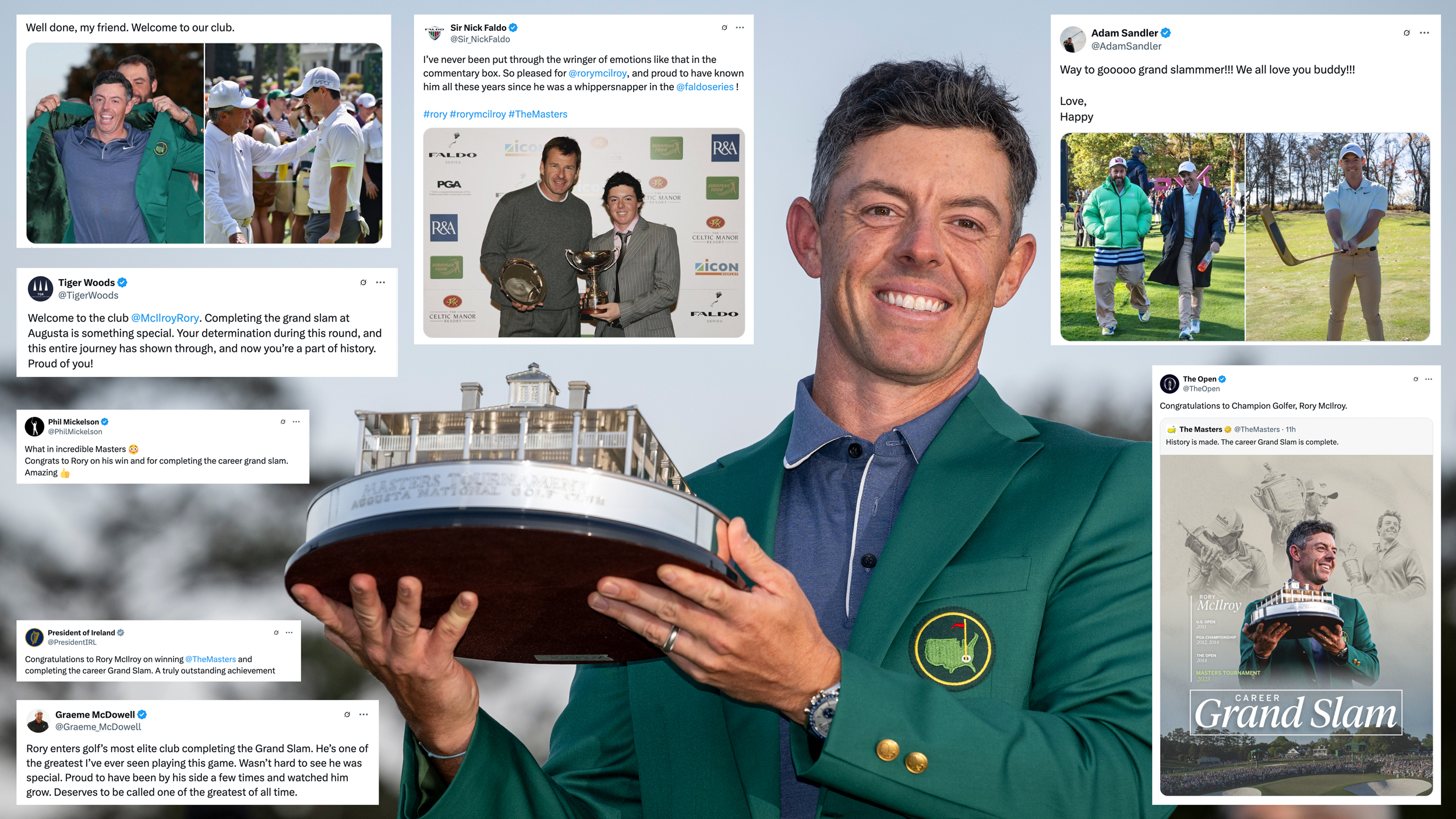 'Welcome To The Club' - Tiger Woods Leads Praise For Rory McIlroy After Masters And Grand Slam Glory
'Welcome To The Club' - Tiger Woods Leads Praise For Rory McIlroy After Masters And Grand Slam GloryA host of famous sports stars and celebrities have been quick to praise the Northern Irishman after his incredible victory at Augusta
By Michael Weston Published